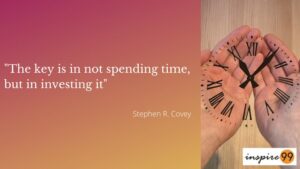7 Practical Tips to build Self Confidence
How to build Self confidence: Self confidence is tricky. Most people think that it helps us achieve our goals. But the truth is that self confidence helps us approach our goals differently. It makes us believe that something is possible so that we can put the best effort forward. If we don’t believe that something is possible, we won’t put any effort. Self confidence makes us approach things differently. Most importantly, it helps us start on our goals. In this article, we will talk about how to build self confidence with a few practical tips on starting something afresh.



